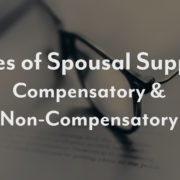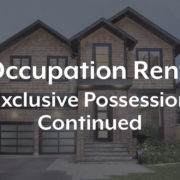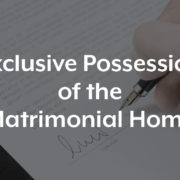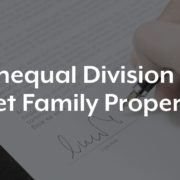Can a Newly Married Spouse Still Claim Ontario’s First-Time Homebuyer Land Transfer Tax Rebate?
It’s a common scenario: a newly married couple is purchasing their first home together. The wife has never owned a home, but the husband already owns a rental property. They wonder: Can she still claim the Ontario Land Transfer Tax (LTT) refund for first-time homebuyers if they put 99% of the home in her name?
The answer involves understanding how Ontario’s Land Transfer Tax rules define a ‘first-time homebuyer.’
How the Law Defines “First-Time Homebuyer”
Under the Ontario Land Transfer Tax Act, a person qualifies for the first-time homebuyer refund if:
- They are at least 18 years old.
- They have never owned a home or an interest in a home anywhere in the world.
- Their spouse has not owned a home or an interest in a home anywhere in the world while being their spouse.
- They intend to occupy the home as their principal residence within 9 months of closing.
- They apply within 18 months of the transfer date.
Key Point: Once you’re married (or in a common-law relationship), your spouse’s property ownership history counts as yours for this purpose—even if you are not on title for that property.
What If the Husband Already Owns a Rental Property?
If the husband owned a property before the marriage, and he still owns it at the time of the new purchase:
- The wife cannot claim the first-time homebuyer rebate, even if she is the sole purchaser or owns 99% of the property.
- The Ministry of Finance considers the couple as one unit for eligibility purposes once they are legally spouses.
If, however: the husband sold his property before the marriage and the wife has never owned a home, she would remain eligible as a first-time homebuyer.
Can You Put 99% in the Wife’s Name?
No.
Allocating 99% (or even 100%) of the title to the first-time buyer does not bypass the rule:
- The rebate is denied if either spouse has owned a home while they were married/common-law.
- It is not based on title percentage—it is based on combined spousal ownership status.
Example
Scenario:
- John owns a rental condo purchased before marrying Sarah.
- After marriage, they buy a house together and put 99% in Sarah’s name.
- Because John owned a property while married to Sarah, Sarah does not qualify for the first-time buyer rebate.
Why This Matters for Clients
- Financial Planning: Couples sometimes count on this rebate to reduce closing costs—only to be surprised at closing when they don’t qualify.
- Title Structuring: Even creative title allocations (99/1 splits) will not change eligibility if one spouse is ineligible.
- Legal Advice: As their lawyer, you can ensure clients are properly advised before signing an Agreement of Purchase and Sale.
Takeaways for Buyers and Real Estate Professionals
- Check both spouses’ ownership history before assuming eligibility.
- Consider timing: If a spouse sells a property before the relationship becomes legal (marriage/common-law), the other spouse’s eligibility may remain intact.
- Consult a lawyer early: Rabideau Law can review the specific facts and ensure clients know their true closing costs.
Have questions about Ontario’s Land Transfer Tax and first-time buyer rebates?
Contact Rabideau Law—our team can guide you through eligibility, structure your transaction properly, and ensure there are no costly surprises at closing.










